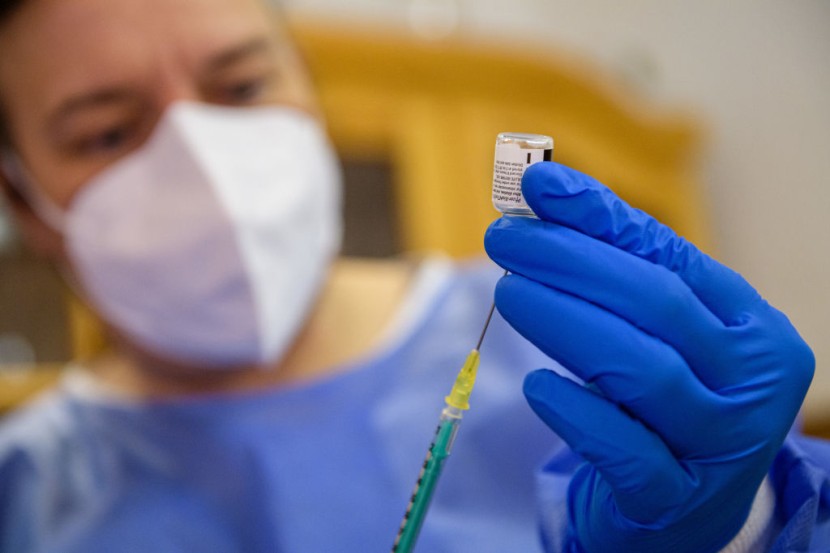Scientists have warned that Pfizer's COVID-19 vaccine could be less effective in obese people. When compared to healthier individuals, extremely overweight healthcare workers only developed half the antibodies needed to combat the disease after two doses of the COVID-19 vaccine. Obese people may need a further or higher dose of the vaccine, as per Italian researchers.
Pfizer's COVID-19 vaccine less effective in obese people

According to Daily Mail, obese people are also believed to be at a greater risk of becoming seriously ill or dying if they get sick. Obesity, identified as a BMI of 30 or higher, is also considered to decrease the efficacy of COVID-19 vaccines, experts said. Based on previous studies, the flu vaccine, which is given during winter, could only be half as effective in highly obese people.
However, the Italian study, which is still being examined by other scientists, is considered to be the first time the same relation has been discovered for the coronavirus. Doctors noted that bearing extra weight will cause the immune system to be continually inflamed, impairing its function.
In healthy individuals, it only creates inflammation while they are battling an infection. Based on the figures, about a third of adults in England and nearly 40 percent in the United States are obese.
Read also: Michigan Transplant Patient Dies from COVID-19 2 Months After Receiving Lungs That Carried the Virus
Obesity raises the chance of COVID-19
Obesity already impacts millions of people all over the world, which is related to several diseases and conditions, such as cancer, type 2 diabetes, and heart disease. Obesity raises the chance of COVID-19, a disorder caused by a novel coronavirus, as per Times Now News.
Even as vaccines against SARS-CoV-2 have started in different parts of the world, priority is being given to the aged, frontline employees, and people with comorbidities. Researchers debate whether or not obese people should be included in the priority list, as a recent study found that the Pfizer COVID-19 vaccine, may be less effective in obese people.
Previous research has linked COVID-19 risk to obesity, citing factors such as how obesity and excess body fat affect metabolic changes such as insulin resistance, inflammation, and other factors that make it difficult to fight infections. Inflammation can affect the immune system's ability to fight pathogens. Previous research has found that flu vaccines are only half as effective in obese people as they are in healthy people.
Aldo Venuti and his colleagues from Istituti Fisioterapici Ospitalieri in Rome, assessed the antibody response after two doses of Pfizer's COVID-19 vaccine in 248 healthcare workers. The review showed that 99.5 percent of them developed an antibody response after seven days of receiving the vaccine. This response was greater than the recorded result of people who recovered from COVID-19. But the response was less in overweight and obese people.
Read also: J&J's Single-Dose COVID Vaccine Receives FDA Advisers Backing
Obese people are prone to COVID-19 reinfection
Certain immune responses, such as those performed by B and T cells that cause a protective response after vaccination, can be compromised by this constant state of low-grade inflammation. Separate research has found that the flu vaccine is just half as effective in obese people as it is in healthy people.
The new study, which has not yet been peer-reviewed, is the first to offer direct proof that a related concern could emerge with COVID-19 vaccines, The Guardian reported via MSN. Danny Altmann, a professor of immunology at Imperial College London, and his collaborators found that individuals with a high BMI were more likely to be reinfected with Sars-CoV-2 and had poorer antibody responses to the initial infection in a separate study of Brazilian healthcare workers.








